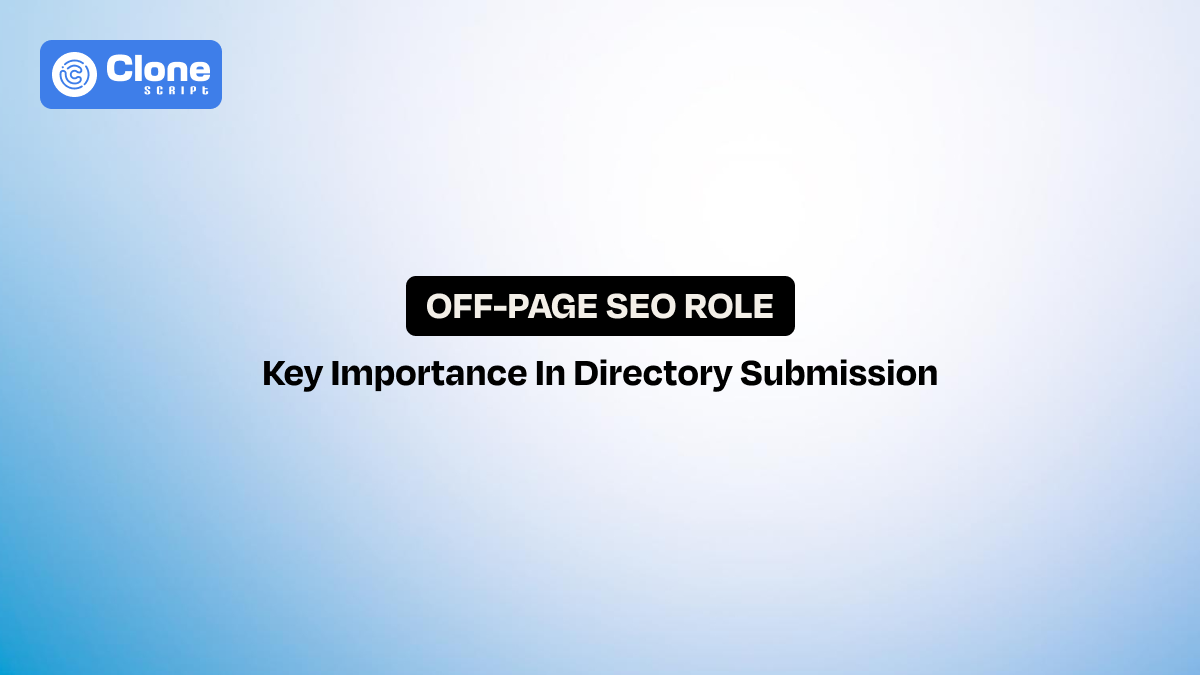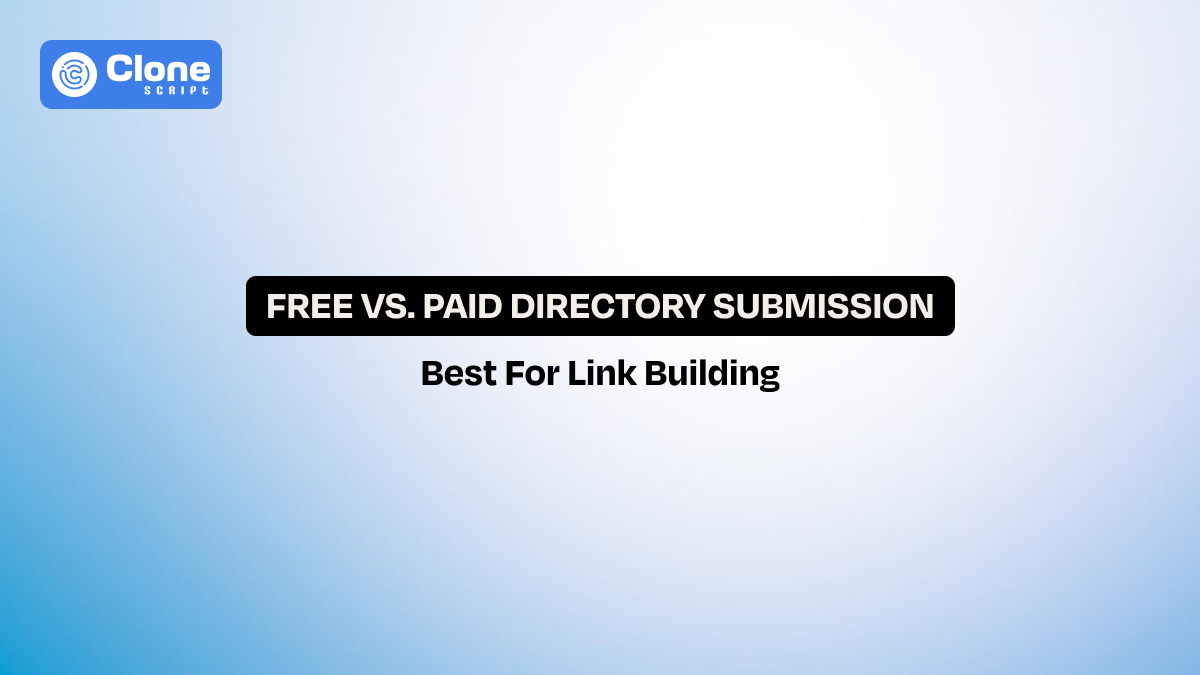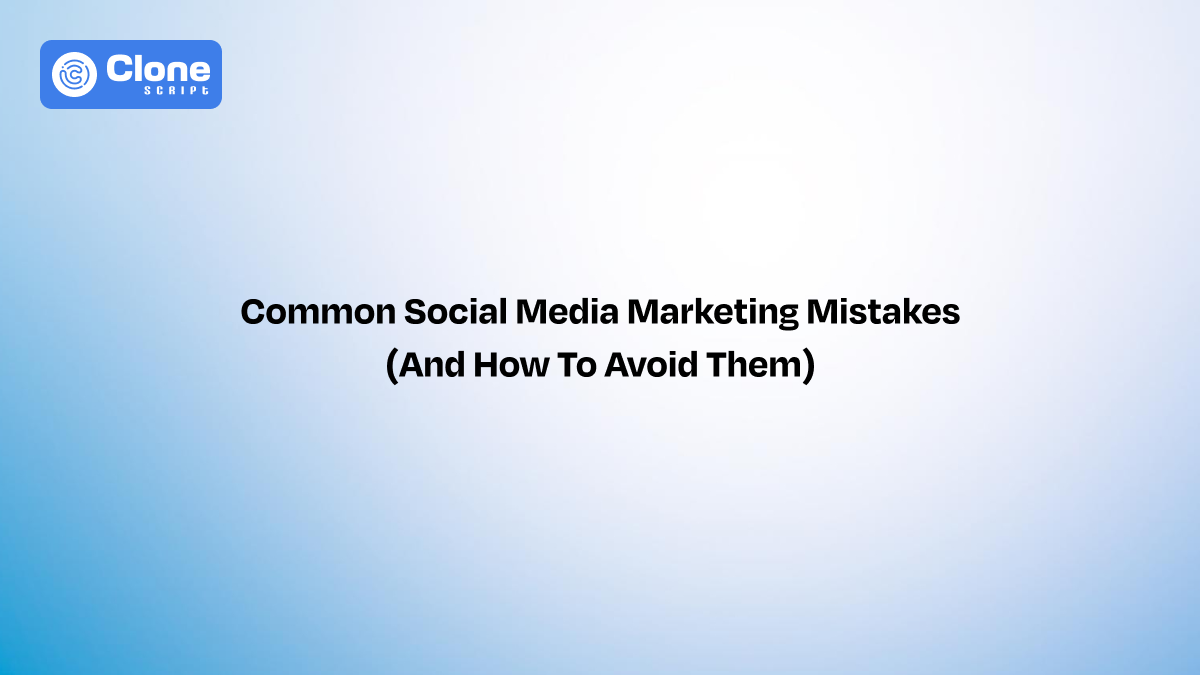The Role of Directory Submission in Off-Page SEO
If you’ve been in SEO for a while, you already know the drill: keyword research, writing helpful content, optimizing on-page elements, and building trusted backlinks. These are the foundations of search visibility. But here’s something most people don’t talk about—those efforts alone don’t always guarantee stronger authority or consistent rankings.
That’s where directory submission comes into play. For years, it was dismissed as outdated, even spammy. And honestly, in its old form, it was. But things have changed. In today’s SEO practice, directory submissions—when done with the right intent—are less about “dropping links everywhere” and more about building credibility, trust signals, and visibility in the right places.
We will walk you through what directory submission really means in 2025, why it’s still relevant, how to avoid the mistakes that can hurt your rankings, and how to use it as a practical, long-term SEO strategy.
What Is Directory Submission and Why Does It Matter?
At its simplest, directory submission means adding your website to online directories—think of them as digital catalogs where businesses are grouped by niche, industry, or location. Each listing usually contains your business name, website link, contact details, and sometimes a short description.
Now, you might be wondering: “Isn’t that just another backlink?”
Yes, but it’s more than that.
When you submit your site to a relevant, trusted directory, you’re not just chasing a link. You’re doing:
-
Creating citations (your business name, address, and phone number) that search engines use to verify credibility.
-
Diversifying your backlink profile helps reduce the risk of looking manipulative in Google’s eyes.
-
Making your business more discoverable, both for users actively searching in directories and for search engines crawling the web.
In short, directory submission fits into link building as a foundational step. Unlike a guest post or digital PR link, it may not drive massive authority overnight—but it adds consistency and trust signals that strengthen the bigger SEO picture.
Why Directory Submission Still Matters in 2025?
It’s true—directory submission has a bad reputation. Back in the early 2010s, people spammed their sites across hundreds of low-quality directories and, for a short while, it actually worked. Then came Google’s Panda and Penguin updates, which shut down those shortcuts and penalized websites for unnatural link patterns. Since then, many SEOs simply wrote off directory submissions altogether.
But here’s the thing: directory submissions never stopped being useful—they just had to evolve. In 2025, the value comes not from blasting your link everywhere, but from being selective and intentional. When done right, directory listings contribute to search engine optimization in several important ways:
-
They build trust and authority
A listing in a respected, human-curated directory shows Google (and potential customers) that your business is legitimate. Directories like the Better Business Bureau, JustDial, Yelp, or niche-specific associations help reinforce E-E-A-T (Experience, Expertise, Authoritativeness, and Trustworthiness).
-
They power local SEO
If you run a business with a geographic focus, directory citations are non-negotiable. They strengthen your presence in local search results and Google Maps. It means your business shows up when someone nearby searches for your services. (E.g., a fresh vegetarian burger near Hyderabad).
-
They diversify your backlink profile
Doing only guest posting and outreaching to build a better backlink profile for the website looks unnatural and spammy. This leads to an implicit search ranking penalty and keywords lost.
Directory submissions add variety, creating a healthier, more balanced backlink profile that search engines trust.
-
They send referral traffic.
A good directory isn’t just an SEO tool. It’s a platform people actually use. Users browsing a directory are usually high-intent, looking for a product or service. That means your listing has the potential to drive qualified leads, not just rankings.
So no, directory submission won’t magically skyrocket your site to page one. But as part of a well-rounded SEO strategy, it remains a reliable and underrated way to build authority and visibility in 2025.
The Downsides: When Directory Submission Can Hurt SEO
Like most SEO tactics, directory submission is a double-edged sword. Done well, it builds authority. Done carelessly, it can actually drag your site down.
The biggest risk lies in low-quality directories. These are the sites that:
-
Accept every submission without review. It is a red flag and a search engine eye on suspicious activity.
-
Have little to no real audience. The bots on the directory site show the organic visitors per month, but in reality, no visits have been made.
-
Exist solely to sell backlinks. By getting a payment from the website, they act like a authority seller, which is also not the recommended practice.
-
They are filled with irrelevant or spammy listings. Most of the new SEOs are submitting the website links through different emails and filling the directory with spam.
Submitting your site to these types of directories doesn’t just waste your time—it can actively harm your SEO. Google’s Link Spam Updates have made it clear: links that exist only to manipulate rankings get devalued, and in some cases, can trigger manual actions.
Another common mistake is mass submission. Automated tools that add your website to hundreds (or thousands) of directories might sound efficient, but they create an unnatural backlink profile. Instead of showing Google you’re a trusted brand, they send the opposite signal: that you’re trying to influence the system.
In short, directory submissions only work when quality and relevance come first. If you wouldn’t trust the directory as a user, chances are Google won’t either.
Best Practices for Effective Directory Submission
If you want directory submissions to actually move the needle, you can’t treat them as a box-ticking exercise. The goal isn’t to get listed everywhere—it’s to get listed in the right places.
Here’s how to do it properly:
-
Choose quality over quantity
A handful of trusted, relevant directories is far more valuable than hundreds of low-grade ones. Always ask: Would I feel confident if a customer found my business through this site?
-
Vet the directory before submitting
Check its Domain Authority with tools like Moz or Ahrefs, look at how active it is, and see whether other legitimate businesses in your industry are listed. Aim for DA 40+ if possible.
-
Keep your NAP consistent
Your Name, Address, and Phone Number (NAP) should be identical across every listing. Keep it aligned in Google My Business Profile (GBP). Even small inconsistencies can confuse search engines and weaken your local SEO signals.
-
Write unique, compelling descriptions
Don’t copy-paste the same blurb everywhere. Tailor your description to each directory according to the criteria and pattern. Use target keywords naturally and highlight what sets your business apart.
-
Pick the right category
Submitting to the wrong category is like putting your store on the wrong street. Always choose the most relevant category so your business shows up where it makes sense.
-
Audit your listings regularly
Outdated contact details or broken links send the wrong message to both users and Google. Set a reminder to review your directory listings at least once or twice a year.
Following these steps, it analyzes every directory submission and actually strengthens your online presence instead of watering it down.
Real SEO Value: Benefits That Still Hold Up With Directory Submission
When directory submissions are done the right way, they bring more than just another backlink to your profile. The value runs deeper, touching several areas of SEO and business growth:
-
Better engagement metrics (indirect on-page boost)
High-quality referral traffic from directories often behaves differently from cold organic visitors. These users are usually searching with intent, which means they’re more likely to stay longer, explore your site, and convert. That improved engagement can send positive signals back to search engines.
-
Stronger off-page SEO
At its core, directory submission is an off-page SEO play. Quality listings diversify your backlink profile and give you credibility signals that help search engines trust your site more.
-
Steady, targeted website traffic
Directory listings may not flood your analytics with traffic, but the clicks you do get tend to be highly relevant. A user searching a directory is further along in the buying journey, and it makes them more valuable than a casual browser.
-
Incremental authority growth
Each listing on a respected directory passes a small measure of authority to your site. Over time, these trusted mentions compound, helping improve your domain authority and supporting your chances of ranking for more competitive keywords.
In other words, directory submissions aren’t about short-term gains. They’re about building a trust foundation that supports both your search visibility and your ability to attract real customers.
Integrating Directory Submission into Your SEO Toolkit
The most common mistake SEOs make with directory submission is treating it as a “quick win.” It’s not. By itself, a directory listing won’t push your site to the top of Google. But as part of a larger SEO strategy, it plays an important supporting role.
Think of directory submission as one tool in a well-stocked toolbox. You still need content marketing to attract an audience, technical SEO to ensure your site is crawlable, and link-building strategies like digital PR or guest posting to earn authority.
Directories complement those efforts by:
-
Strengthening local SEO with consistent citations.
-
Adding credibility and trust signals to your backlink profile.
-
Driving steady, referral-based traffic from high-intent users.
For businesses and agencies, this works best when handled as part of a structured SEO plan. Some agencies like ours streamline the process by identifying high-value directories, managing submissions, and keeping listings updated so they continue delivering results.
Need professional help from our experts?

Get Directory Submission Services
Bottom line: directory submission isn’t meant to stand alone—it’s meant to reinforce the strategies you’re already running.
Conclusion
Directory submission may have started as a basic link-building trick, but in 2025, it has grown into something far more meaningful. When you approach it with quality and relevance in mind, it becomes a reliable way to strengthen trust signals, support local SEO, diversify backlinks, and even bring in real customers through referral traffic.
The truth is, SEO is no longer about chasing loopholes—it’s about building authority and visibility that lasts. Directory submissions won’t replace great content or advanced link-building, but they can absolutely complement those efforts and help you stand out in a crowded search space.
If you’ve been ignoring directories because you thought they were outdated, it’s time to rethink. Done right, they’re still one of the simplest, most consistent tactics to support your long-term SEO strategy.
FAQs
-
How long does it take to see SEO results from directory submission?
Directory submissions are a long-term play. It can take anywhere from 4–12 weeks for listings to get indexed and start showing impact in traffic or rankings.
-
Do directory submissions still matter for voice search and AI-powered search?
Yes. Consistent directory listings improve entity recognition, helping AI search systems and voice assistants confirm your business details and surface them in relevant answers.
-
Do directory backlinks boost Domain Authority (DA)?
They can raise your DA (or DR in third-party tools) marginally. However, SEO experts agree that DA gains don’t always translate into rankings—hard-earned, high-quality links still matter more.
-
Are directory submissions still relevant in 2025?
Yes—though mostly in a targeted, quality-focused way. People still use directory listings, but only a handful of genuinely relevant ones are worth the time. Scattering your site everywhere is likely a waste.
-
Do directory links have to be do-follow to count?
No. Both do-follow and no-follow directory links are valuable. Do-follow links pass authority, while no-follow links still provide referral traffic and brand visibility. A healthy backlink profile has a mix of both.
 BTC - Bitcoin
BTC - Bitcoin
 USDTERC20 - USDT ERC20
USDTERC20 - USDT ERC20
 ETH - Ethereum
ETH - Ethereum
 BNB - Binance
BNB - Binance
 BCH - Bitcoin Cash
BCH - Bitcoin Cash
 DOGE - Dogecoin
DOGE - Dogecoin
 TRX - TRON
TRX - TRON
 USDTTRC20 - USD TRC20
USDTTRC20 - USD TRC20
 LTC - LiteCoin
LTC - LiteCoin







